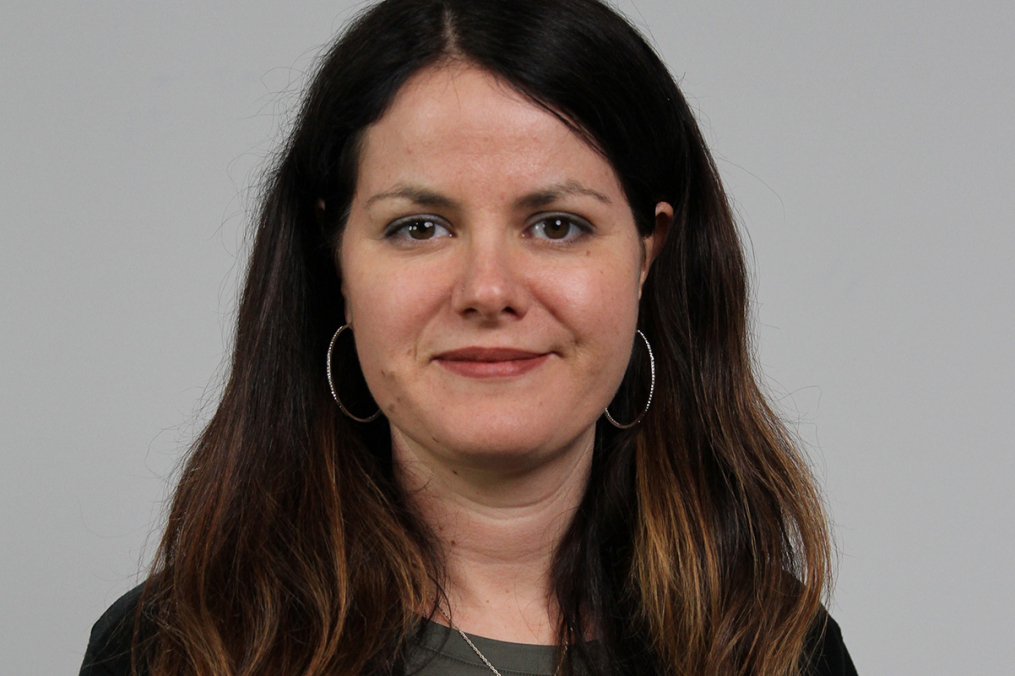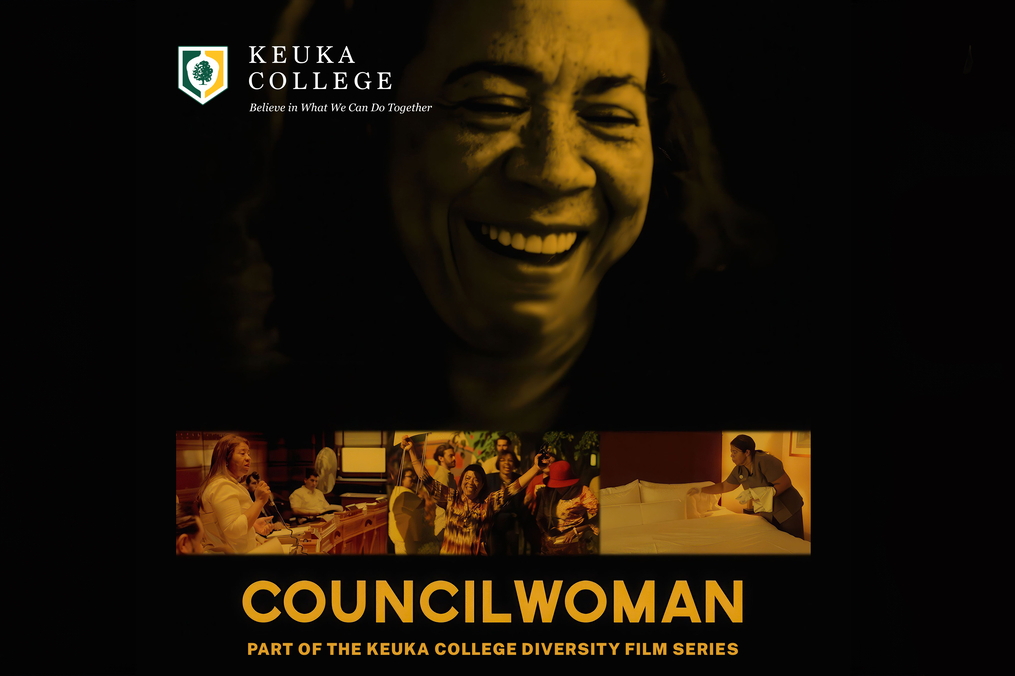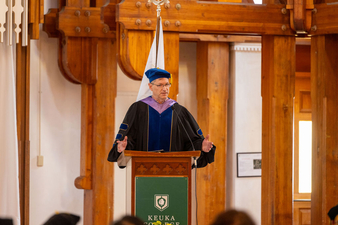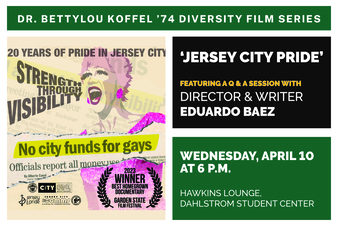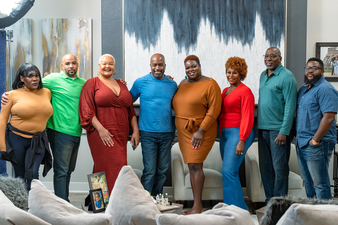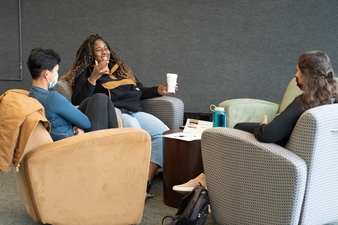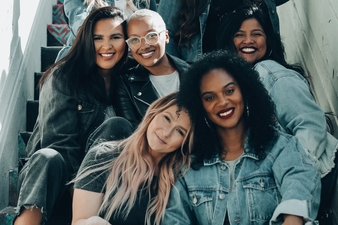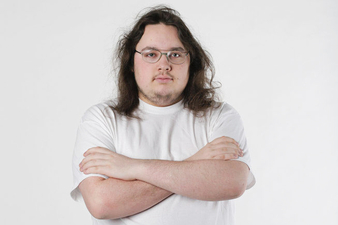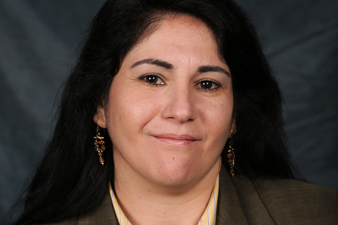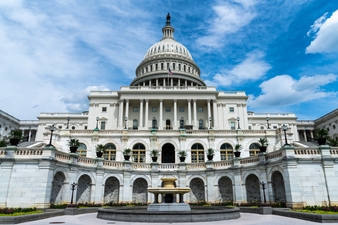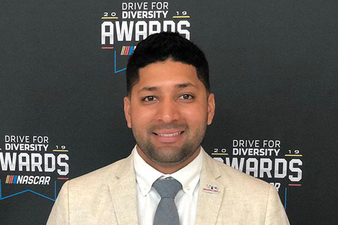After many days of silence on my primary social media outlet, Facebook, I finally decided to post last weekend. During this disturbing time, and the many like it that have come before in recent years, I gravitate towards a concern that while broad engagement is certainly a good thing, mediums such as Facebook and the reposting of selective stories ultimately do not advance discourse and a deeper understanding of the complex issues involved.
I have no judgment towards my friends and students who are engaging in this public debate, but I would caution everyone that you are most likely not going to be successful in convincing the “other side” of your opinions. Social media has become an echo-chamber and seems to reinforce, rather than change, our deeply held values.
Public opinion shows that the average citizen is far more reasonable than those on the extremes of politics, and yet it is more and more difficult to see evidence of that in the media. We are shown two radically contrasting “sides” to choose from, and the choice of one implicitly demonizes the other. Democratic citizenship requires all of us to think about what we do agree on and work from there. And for that, you have to look to the institutions and practices that make our country (potentially) great and a model throughout history for others.
Most importantly, due process is an absolute fundamental value, and we are all served when it is upheld. This involves an assumption of innocence and the administration of justice that we would all feel comfortable with regardless of who is the subject, including equal treatment before the law and proportionate punishment. In theory, it should not matter what the circumstances of a crime or the perception of guilt are; you should desire that justice is held to as high a standard as possible regardless of whether you, your dearest loved one, or your worst enemy is the one subject to it.
So, yes, you can be against police brutality and demand due process without hating all police officers. You can be against looting while understanding why it might be more or less likely to occur, right or wrong, as well as why the state has a responsibility to prevent it. You can contextualize protest within the First Amendment and look at history to see that, oftentimes, certain parts of the population have been given far fewer protections in this category than others. There is a set of facts at the foundation of every dispute over emotions and opinions, but we must work at uncovering them.
This can be done by exposing yourself to history, to the stories that people tell about their struggles, and through engagement with people who are different than you. It’s easy to find people and experiences that reinforce your own views, but you should not take the easy way out. There are principles that, when upheld neutrally and consistently, protect us all, like the right to protest, express dissent or demand equal treatment. When I frame politics as theory in my classes, I find it far easier for students to find a consensus than when I focus on a controversial topic or issue. The hypothetical reveals so much more to us because it momentarily removes our emotion, our privilege or lack thereof, and our status.
I would encourage us all to think about the “choices” that we are being pushed to make in these debates, and how they might actually be false ones that betray the values of democracy.
You’re entitled to be angry, discouraged, and bitter. We all are. But we should think carefully about those emotions. How should we approach those who we are angry at? How does being angry at someone differ from being scared of them? What do you tell others who are discouraged about things in their life unrelated to politics? Do you believe that constructive, positive thinking is the best approach? If so, how can you apply that to politics? If you are bitter and out of constructive ideas, what can you find as sources of optimism?
Seek those things out and try to understand their sources. And finally, I urge you to find opportunities for unity, not discord, and fight back against the powers that be that are using these events to further divide us.
Dr. Angela Graves is Associate Professor of Political Science at Keuka College.

